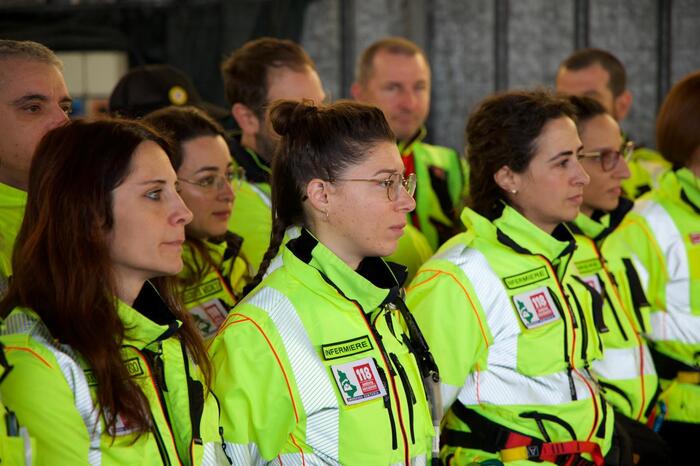It is quite new. Almost donning the hat of a trade unionist, the president of Medef, Geoffroy Roux anticipated the expectations of employees. The tone of his statement on RTL on November 15 is quite explicit: “There are, I think, a lot of companies that will increase salaries, because, first of all, salaries in 2020 and 2021 were slightly increased, because there is inflation, and because it is difficult to recruit, ”said the boss. And to add: "What reminds me, it is the fact that the employees of the private sector wait, after two years of efforts, their fair reward".
What to set the scene at the time of the annual salary negotiations. And bring water to the Ugict-CGT mill, which alerts on wage anger boiling within companies. This is the main conclusion of its 7th annual barometer on intermediate and technical professions that we are unveiling. "Economic activity is picking up again, the results of companies and dividends distributed are back to their pre-crisis level, however, despite massive public aid, these results have not benefited employees," says the union in its conclusions .
Nurses, pharmacy technicians, police officers, supervisors, managers in commerce, administrative staff, etc. Discontent over remuneration within the intermediary professions, these first and second line jobs, has reached unprecedented levels: 73 % consider that their remuneration is out of step with their involvement (+ 10 points compared to 2020);
66% out of step with their workload (+ 9 points compared to 2020);
61% out of step with their responsibilities (+ 10 points compared to 2020).
A greater workload
An even more marked anger in the public service, especially among women. According to a document from the Directorate-General for Administration and the Civil Service published this week, "the full-time equivalent net salary of women is on average 12.3% lower than that of men."
Regarding working conditions, the picture is also loaded with criticisms.
If the economic recovery limits worries about employment, for 63% of respondents it is accompanied by an increasing workload (+ 9 points compared to 2020).
One in two reports working overtime, with a peak in the hospital public service.
And 35% say that overtime is neither paid nor compensated.
As for working time, it is well over 35 hours and exceeds 40 hours for 58% of them, and 19% over 45 hours.
Read also Covid-19: employees feel little rewarded for their efforts during the crisis
An inventory of the recriminations of employees brandished by the Ugict-CGT to ask the State (as employer) and employers "to recognize the qualifications and urgently implement general wage increases".









